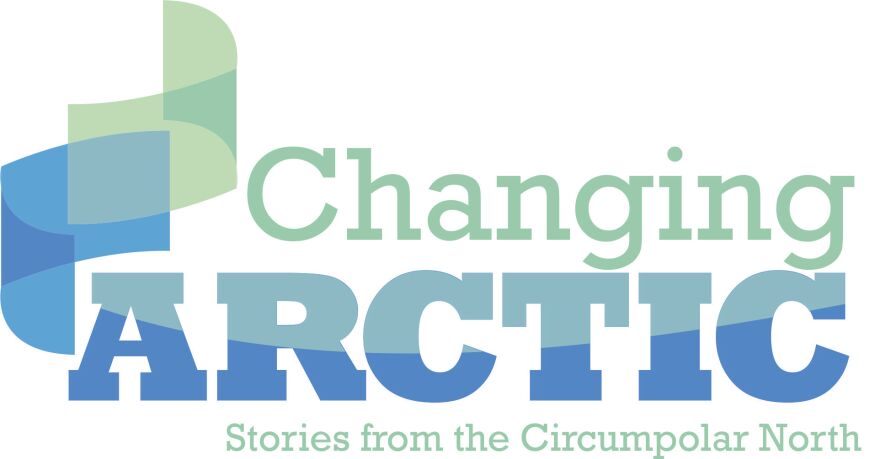Triage in the climate-science emergency room …
Mark Urban and other researchers say climate change could wipe out one-sixth of Earth’s species that won’t be able to adapt to the warming planet.
“Some species will be just fine – in fact, will do better in a changed climate,” Urban said. “But then there are the others that are in serious danger.”

Urban is an associate professor of ecology and evolutionary biology at University of Connecticut, and he’s studied among other things climate-change impacts on species that live north of the Brooks Range. Urban says that’s given him a chance to see how rapidly the Arctic is warming – and to realize the need for much more research on how to protect the most important species from extinction. Sort of like how an emergency-room physician would employ triage in a mass-casualty situation.
“We’re going to have to live through basically a global heat age,” he said. “And we’re going to have to figure out ways to adapt and create resilient communities and also ecosystems in response to that. Because we want to make it through the heat age with the least number of casualties as possible.”

Urban says researchers should identify species he calls “biotic multipliers of climate change” – key species on which whole ecosystems depend. Like, the lake trout of Alaska’s far north.
“It’s a species that’s both sensitive to climate change and also has a huge effect on the rest of the ecosystem,” he said.
University of Alaska-Fairbanks marine biology professor Russ Hopcroft says Urban’s proposals makes sense for smaller ecosystems, such as ponds and lakes, and higher-order animals that live in them.
“So it works for some types of birds,” Hopcroft said. “It works on a lot of mammals. And it can work on some types of fish which are very tied to specific habitats.”
But Hopcroft says Urban’s concepts may not apply in bigger ecosystems.
“When we move into the ocean,” he said, “it’s much harder to start talking about ‘keystone species.’ And, in particular, the ability to do any kind of management or remediation.”
Hopcroft says the best solution to climate change would be a global response that includes protecting all species and habitats.



